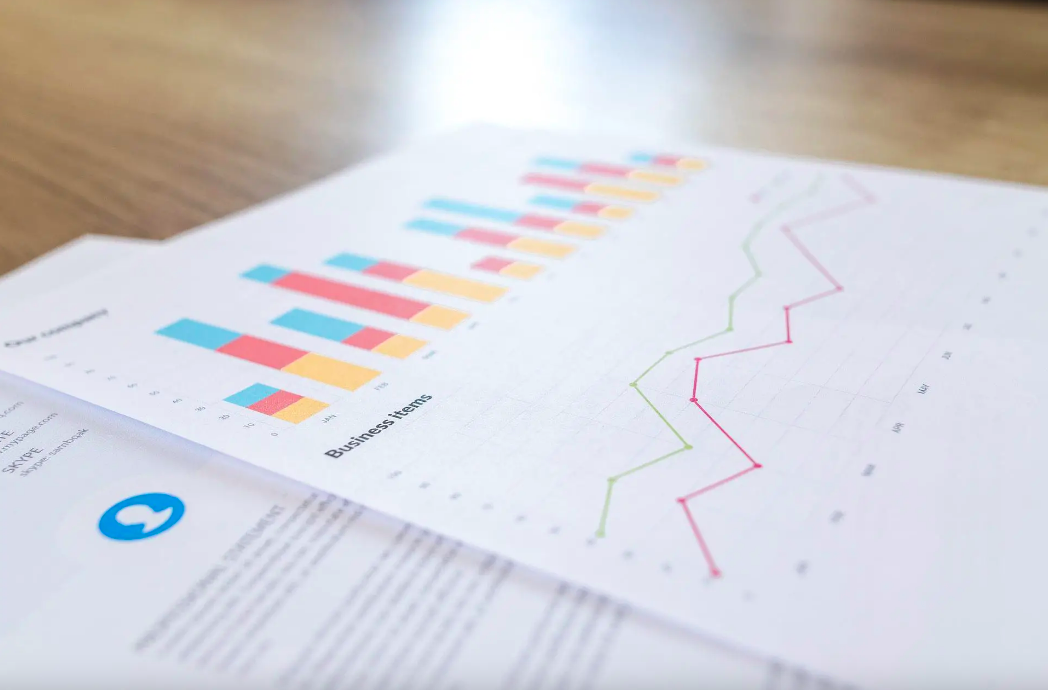Survivor bias is a type of cognitive error that can lead to faulty decision-making.
This bias can be dangerous because it can cause us to overlook potential red flags and make poor decisions based on inaccurate information. So how can we avoid it?
Below, we will discuss some ways to minimize the effects of survivor bias and make better decisions based on the information that’s available.
What is survivor bias and how can it affect our thinking?
Survivorship bias occurs when researchers focus on individuals, groups, or cases that have passed some sort of selection process while ignoring those who did not.
In other words, it happens when we place too much weight on the successes and forget about the failures. This is a major pitfall because it can lead us to make mistakes about the world around us.
We might think that a certain strategy or approach is more successful than it is, or that a particular subgroup represents an entire group. It’s important to be aware of survivorship bias and to take steps to avoid it so that we can make sound decisions based on accurate information.
The dangers of assuming success when using survivor bias

Image Credits: analyzingalpha.com
When you’re relying on survivor bias, you’re making the dangerous assumption that everyone who has made it this far must be good.
You’re not considering the possibility that this person’s success may be a one-time fluke, or that they got lucky in some way. This can lead to some pretty bad decision-making.
For example, if you’re hiring for a new position and only consider the candidates who have been successful in their previous roles, you may be overlooking someone who is perfectly suited for the job but has had a few rough patches along the way.
Another common example of survivor bias at work is when investors put all their money into a single stock, based solely on published investment fund return data. This can be a disastrous decision, especially if the company suddenly goes bankrupt.
Practical tips to reduce the risk of making decisions based on survivor bias
When it comes to making decisions, be aware of the pitfalls of survivor bias.
Here are a few practical tips to help reduce the risk of making decisions based on this type of error:
- Don’t rely on anecdotal evidence.
Survivor bias often leads people to make decisions based on personal experiences or stories they’ve heard from others. However, personal experiences are not always representative of the larger group, so gather data from a variety of sources before coming to any conclusions.
- Exercise caution when comparing groups.
It’s natural to want to compare different groups and see which one comes out on top. However, this can be a risky move, especially if you’re not taking into account all the factors involved. Always use caution when comparing groups and make sure you’re looking at all relevant facts before drawing any conclusions.
- Remember that success is not always representative of the entire group.
Just because a particular group or investment has had success, doesn’t mean that every other group or investment is doomed to fail.
When it comes to making decisions, be aware of the potential for survivor bias. This is when you make decisions based on the evidence you have in front of you, without taking into account the fact that you might be biased. For example, if you only looked at successful businesses, you would be underestimating the risk of starting your own niche business. This is a major pitfall because it can cause you to make mistakes based on your beliefs. To avoid this, try to look at the evidence from as many different angles as possible. This way, you can make a more informed decision based on a well-rounded point of view.

